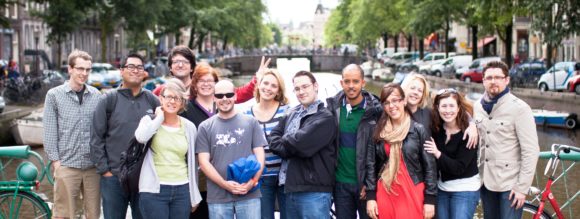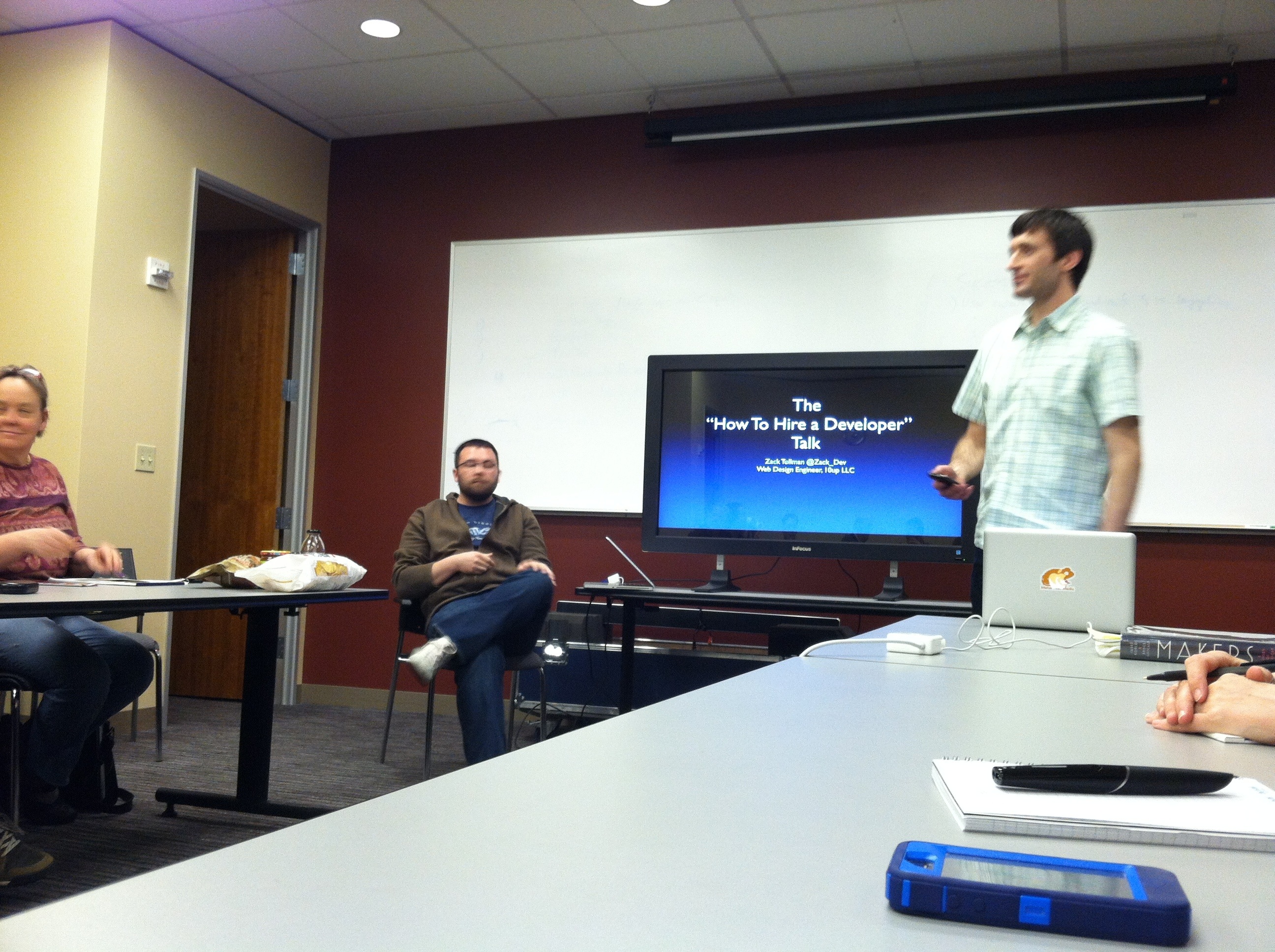Forbes and Businessweek both wrote interesting articles about Automattic a couple days ago. Forbes focused on the business of Automattic and Businessweek focused on our globally-distributed nature.
Matt wrote a bit about the Forbes piece specifically. About our distributed “office” he writes:
For it to really work it has to be part of the DNA of the company from day one. You have to be really committed to keep the creative center and soul of the organization on the internet, and not in an office.
After more than two years at Automattic I think it creates the ideal “office” culture and situation. Sure, I don’t see my co-workers everyday but I do talk with them constantly. That communication means that when we do meet up it feels like a gathering of friends, not work. There’s something to be said for having most in-person interactions with co-workers be social and personal instead of work-oriented.
We’re all headed to San Diego tomorrow to spend a week together. We do this once a year as a company and 3 or 4 times a year in our teams. We have small projects to work on and there are tons of activities planned. These aren’t phony corporate trust exercises or ways of placating employees who, as Forbes wrote, don’t get the perks of Google, Facebook, and Apple. These are activities that naturally evolve from a group of friends gathering together.
Next week I’ll be going skydiving and go-karting with co-workers from all over the world. Last month our lead sysadmin crashed on my couch while in town for the weekend. Last year I climbed a 12,000 foot peak with another co-worker. Two other Automatticians are taking a road trip this week all the way from Portland to San Diego in a Dodge Viper.
If that all sounds like something you want to be a part of, we’re hiring.


